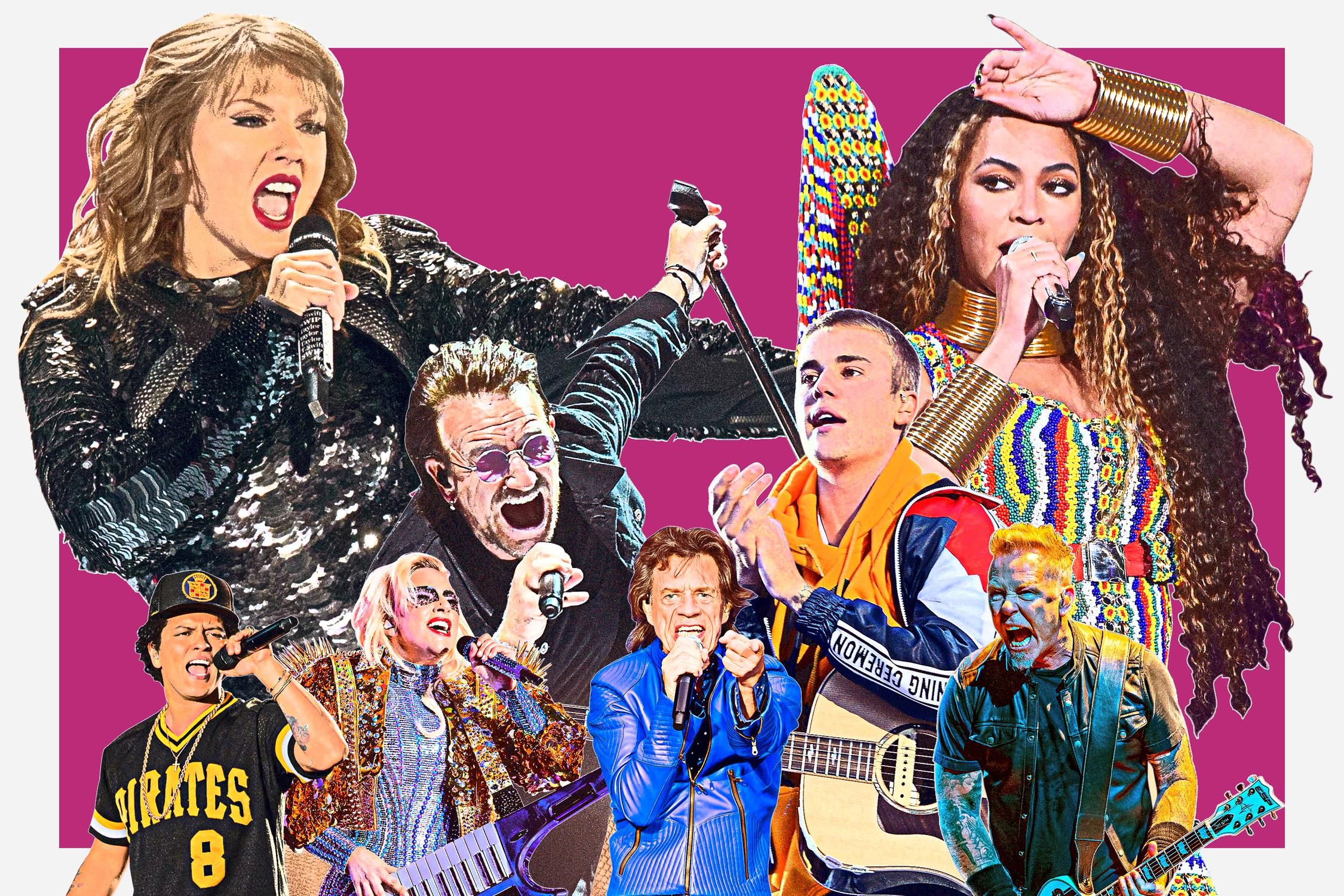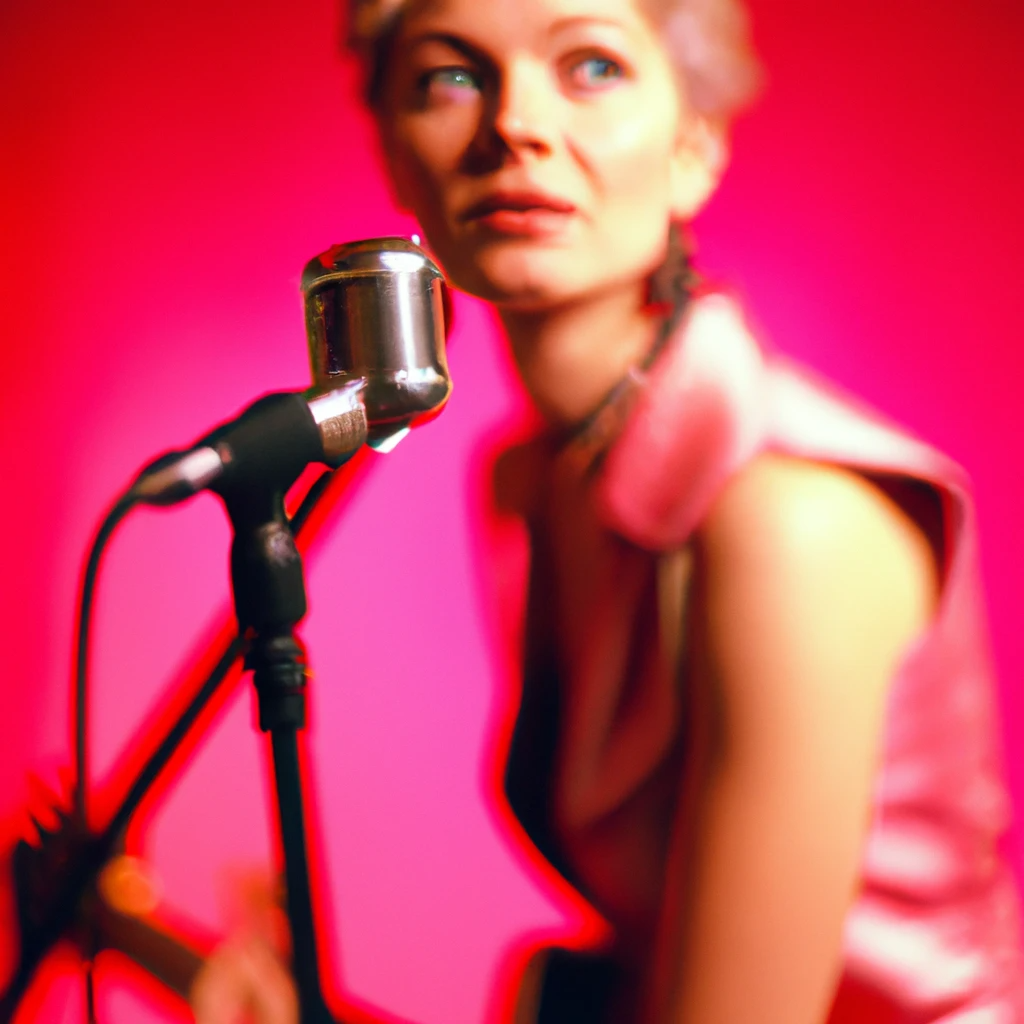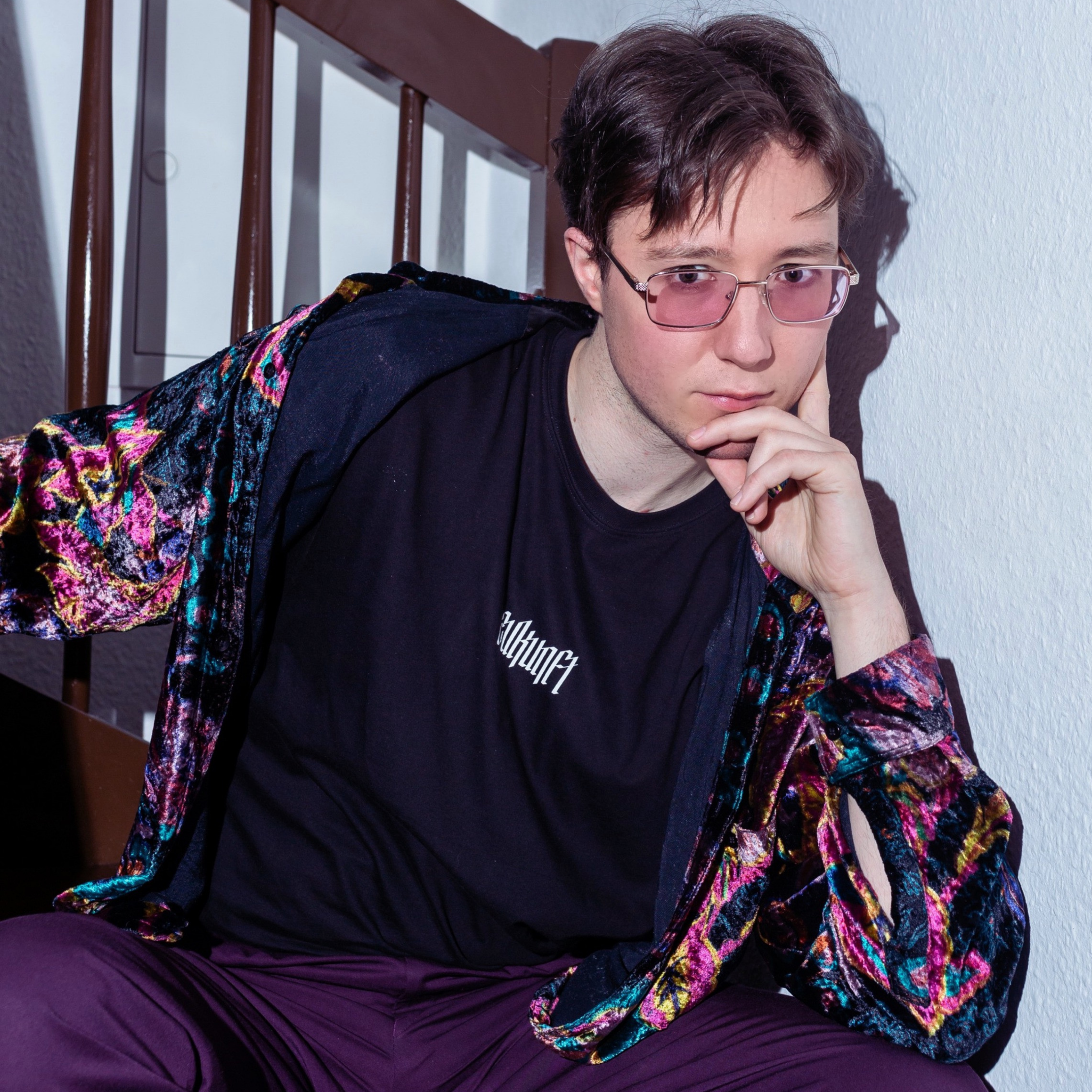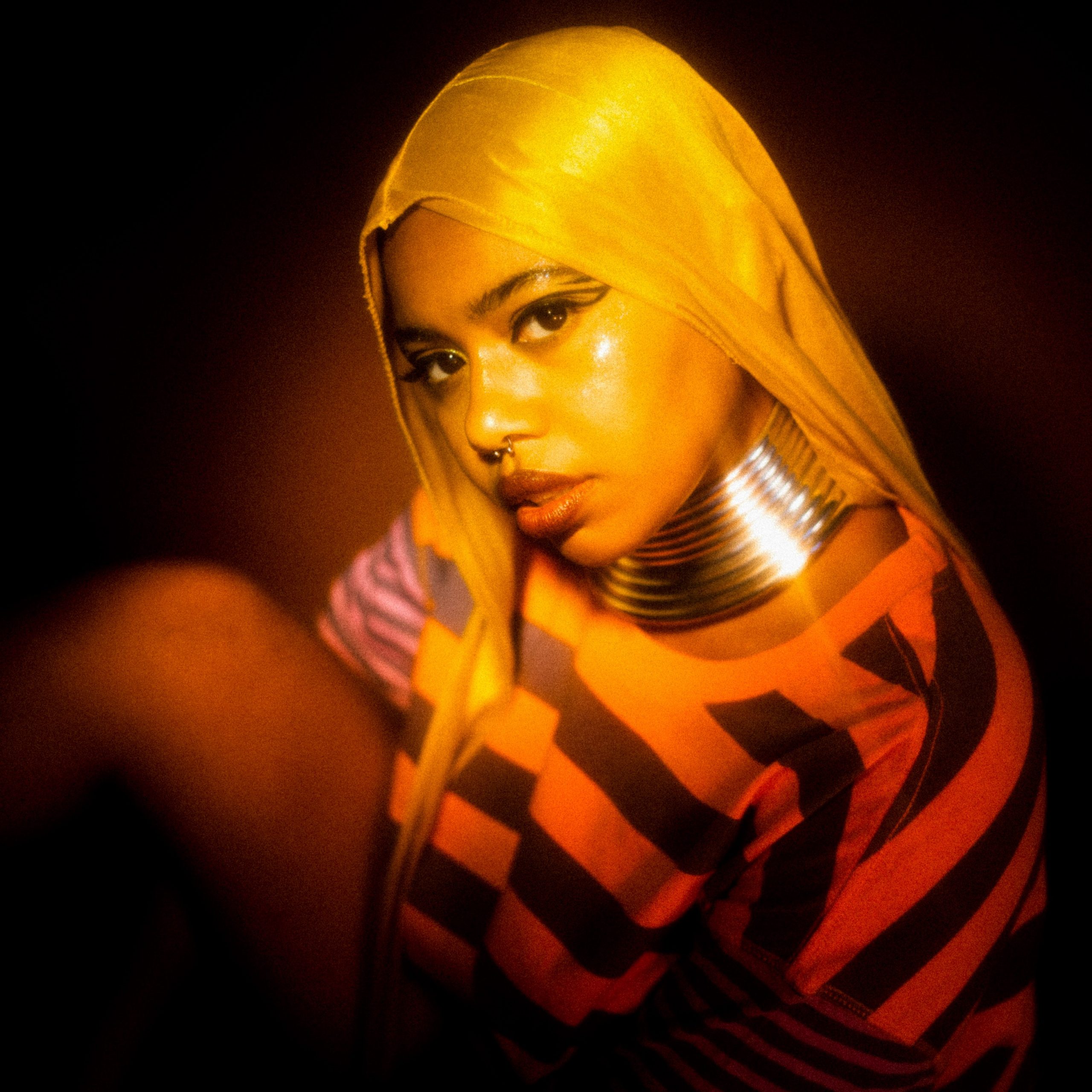Artist Persona 101: How To Explore & Find Your True Musical Identity
Think of Beyoncé, Taylor Swift, The Beatles, and Drake – what do these four have in common? An instantly identifiable musical identity that is distinctive and, frankly, timeless. A musical identity or artist persona goes beyond mastering an instrument, being an excellent singer, or emulating your music idol. It’s about crafting your own authentic onstage persona that’s completely unique and leaves a lasting impression. In this article, we break down the do’s and don’ts when it comes to exploring and pinning down what your musical identity is.

6 steps to discover your musical identity
Explore Your Musical Influences
Let’s face it, every musician’s journey begins with an artist who ignites a spark in you to pursue music. While sticking to the music you’re used to listening is undoubtedly comforting, pushing the envelope and exploring other genres is a good way to broaden your musical horizons.
It’s also a great way to find what you like and don’t like when it comes to other artists’ onstage personas, and picking what works for you. Allow these influences to shape your musical palette, inspire your creative direction, and ultimately, craft your artist persona.
Reflect on Your Personal Story
Your life experiences and personal stories should serve as a fuel for shaping your musical identity. Reflect on your personal story, family background, and life events that shaped your perspective, as well as the emotions they evoke. Think about how these experiences help shape your music, and in turn, how you can funnel them into a unique and authentic artist persona.
Find A Space Where You Can Experiment
Building an artist persona takes time – and a lot of trial and error. Therefore, finding a safe space that allows you to experiment is essential to see what works and what doesn’t. Also, community is everything during this process. Try and find a group (that eventually evolves into a community) that can support you, give you constructive criticism, and help you flourish into the artist you’re destined to become.
Embrace Your Strengths and Weaknesses
Every artist has their strengths and weaknesses. Use your weakness as a learning mechanism to grow and really come into your own. Celebrate what you do well, and use it to your advantage when creating your musical identity. After all, identifying and acknowledging your strengths and weaknesses is an essential part of finding your voice as an artist.
Collaborate with Other Musicians
Collaboration can be a transformative experience when it comes to developing your artist persona and finding your true artist identity. Working with different artists is a good way to explore parts of your artistic identity that you haven’t been able to explore before, and to discover new perspectives and approaches to music and performance. Furthermore, this also encourages you to evaluate your own performance style, choose what elements you enjoy from other musicians’ performance style, and develop as both a person and an artist.
Perform Regularly
Ella Fitzgerald once said, “The only thing better than singing is more singing.” In the process of finding your musical identity, regularly performing in a live setting is the way to go. Whether it’s open mic nights, local gigs, support shows or headliner shows, live performances are crucial to honing all aspects of your craft. Live shows allow you to focus on what works and what doesn’t, refocus and use the reaction of your live audience as a guiding force in shaping your musical identity.
Final notes
In the quest to find your authentic musical identity, there may be moments of sheer doubt. You may also be tempted to opt for a seemingly “easier” route and copy what worked for other performers. However, it’s crucial to stay true to yourself and your artistic vision. After all, long-term success depends on authenticity, because being genuine is what will make your audience resonate with you and your music.





